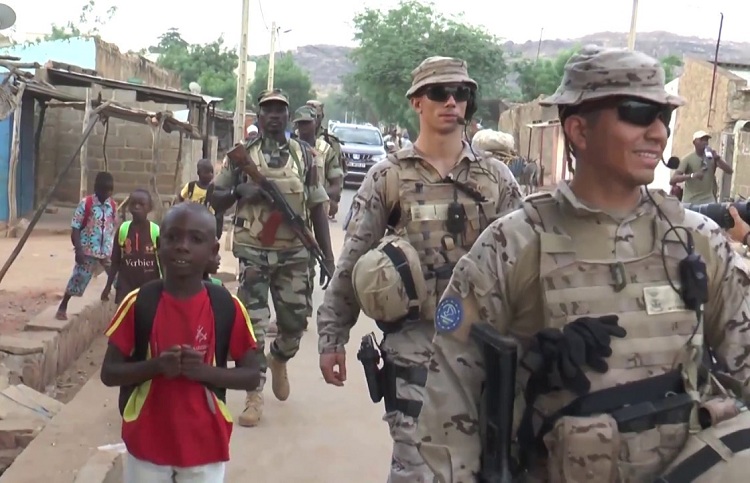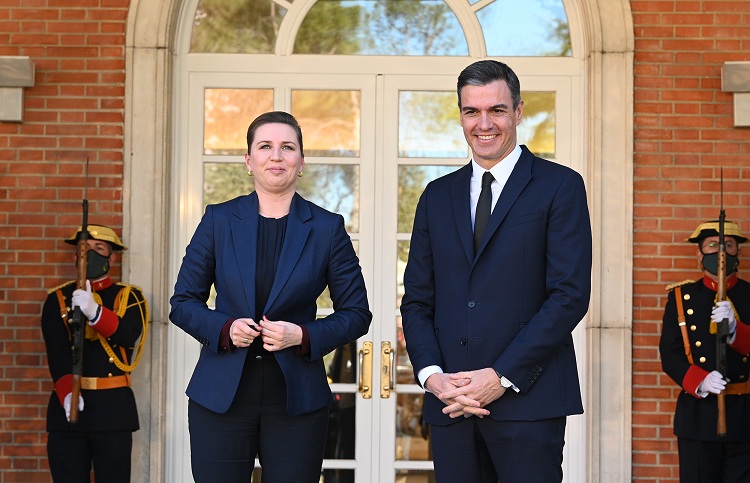Eduardo González
President of Government Pedro Sánchez warned yesterday that “Spain’s position” on the current crisis in Mali is that Europe and the international community “cannot abandon” Mali and should seek to maintain its current military missions “if circumstances and conditions permit.”
Last Thursday, France and other allied countries announced the withdrawal of their troops in Mali involved in the international missions Barkhane – for the fight against terrorism – and Takuba – formed by special units from different European countries – due to their disagreements with the military junta in Bamako. Spain is not part of these missions, but currently contributes the largest contingent (500 military personnel, 24% of the total) to the European training mission EUTM Mali.
“Europe, the international community, cannot leave the Sahel, cannot leave Mali. We have to contribute to stability, to the reinforcement of institutionality in Mali, because that is the best guarantee of progress, development and resolution of the region’s problems”, declared yesterday Pedro Sánchez during a joint press conference at the Moncloa Palace with the Prime Minister of Denmark, Mette Frederiksen.
The decision on EUTM Mali corresponds to the EU as a whole, but, “if circumstances and conditions allow it, Europe cannot abandon that place which is strategic and is key for the stability of all”, he continued. “That will be the position of the Spanish government,” he added.
The situation in Mali was also addressed yesterday at the EU Foreign Affairs Council, meeting in Brussels under the chairmanship of the EU High Representative for Foreign Affairs and Security Policy, Josep Borrell. “This is a critical moment in the Sahel where decisions have to be taken on the role that the EU can and should assume, including in the field of security,” Foreign Minister Jose Manuel Albares told the post-Council press conference.
“The EU remains firmly committed to the development, security and stability of Mali, Spain too, and we want to stay on the ground, given that the circumstances that brought us to Mali and the Sahel – jihadism, illicit trafficking, irregular migration – remain, but the conditions have deteriorated enormously,” he continued.
“We have welcomed the assessment mission that the European External Action Service (EEAS) has sent on the ground in Mali to assess under what conditions or what kind of mission the EU can maintain in Mali and to analyze to what extent the Malian military junta wants to maintain our mission on the ground, what are the security conditions and what are the conditions of that mission,” he continued. “But, I insist, the desire on the part of both Spain and the EU is to remain on the ground,” he concluded.






